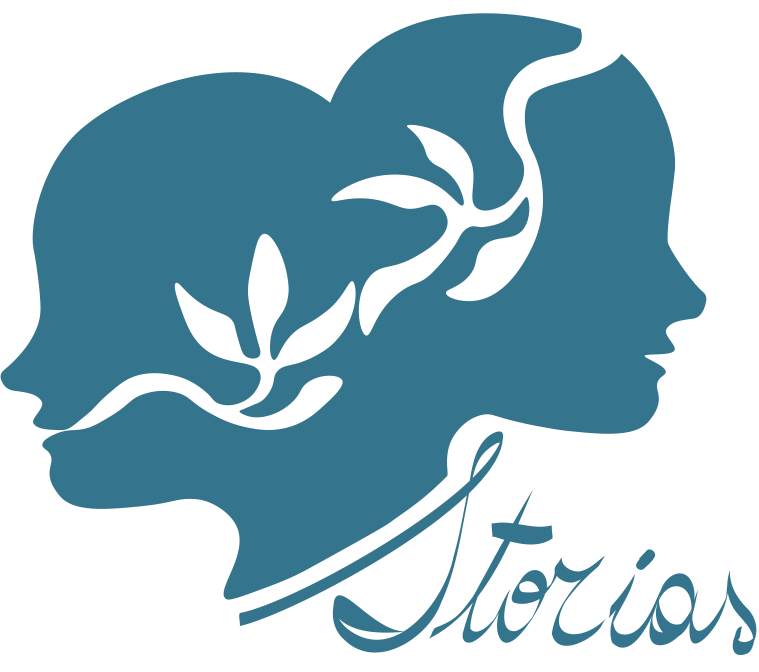The project
Context
Storytelling for a more effective and more inclusive teaching of literacy
The latest PISA results showed that in Europe in 2018, around one in five 15 year-olds (21.7%) were underachievers in literacy. Yet, reading and writing is usually taught to children as early as 4 years old. How can we explain these poor results? It might be due to the fact that once mastered, the writing medium is used mostly to assess other types of knowledge rather than being considered a field of knowledge in itself. In Storias however we believe that reading and writing should not be but a means to an end. Indeed, it has been proven that through storytelling, children can develop and expand on a wide array of additional skills (such as listening, attention, memorisation and creativity) as well as expand their areas of knowledge (such as their pool of vocabulary and writing techniques). Amongst children with Specific Learning Disorders, storytelling could have an even more significant impact, giving them a greater chance to develop a strong basic level of literacy.
Challenges
Storias project will have to face 3 major challenges.
How to implement storytelling in the homes and the classroom?
How to adapt storytelling to the needs of children with SLDs?
How to train teachers to implement storytelling in the homes and the classroom?
Partnership Engagement
Organise trainings and create resources to facilitate the implementation of storytelling-based teaching of basic skills (24 storiaskits, 24 participatory stories, a pedagogical guide, a creation manual and an implementation guide).
Test the resources with around 350 pupils, 50 pupils with SLDs and 35 teachers.
Disseminate the resources online and in the course of multiplier events.
Support and financing
Storias project is supported by the Erasmus+ program.
